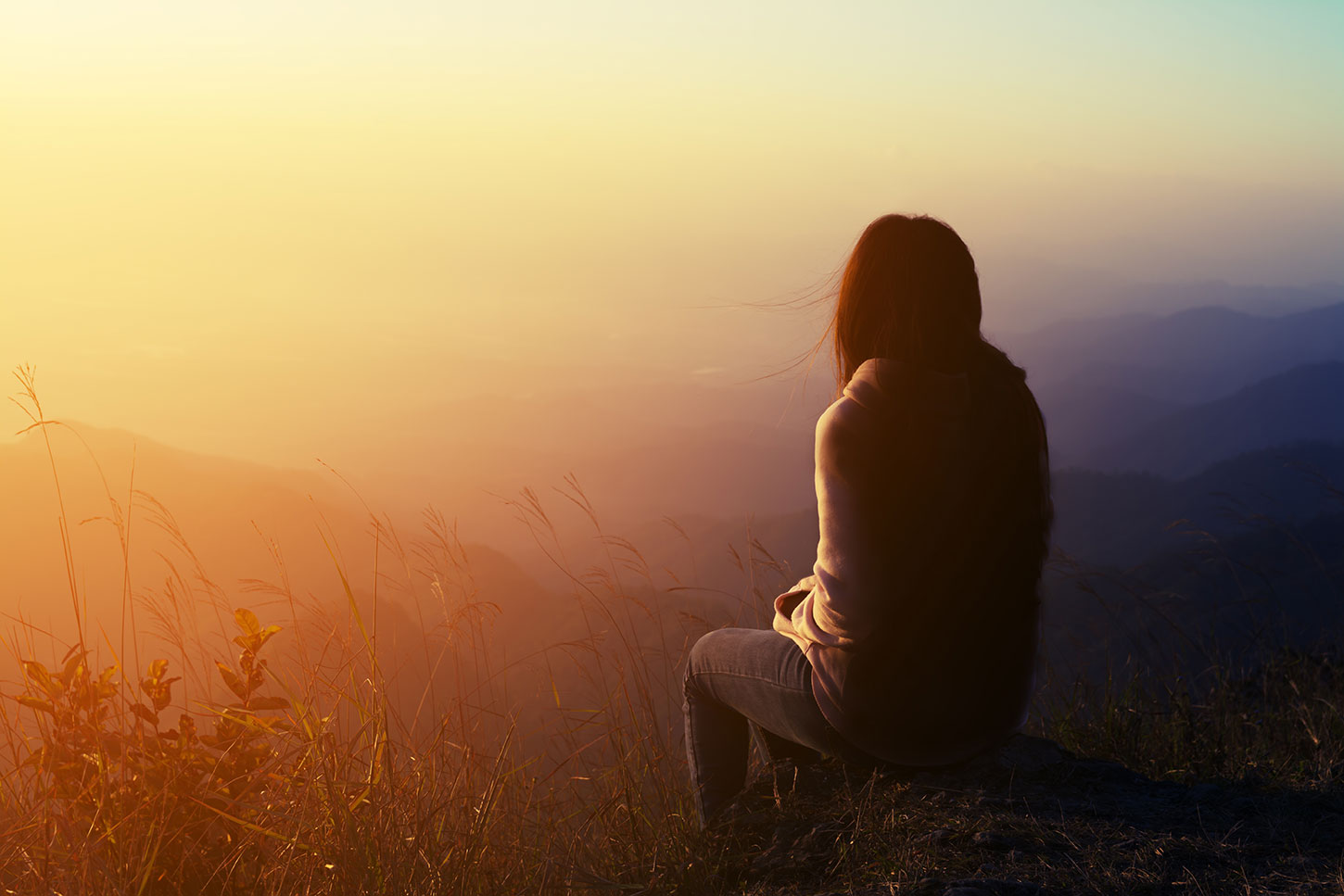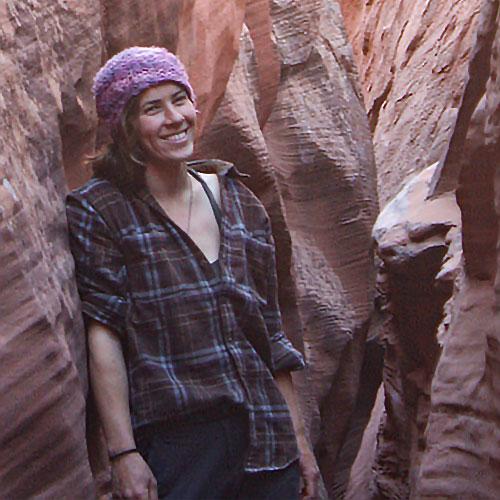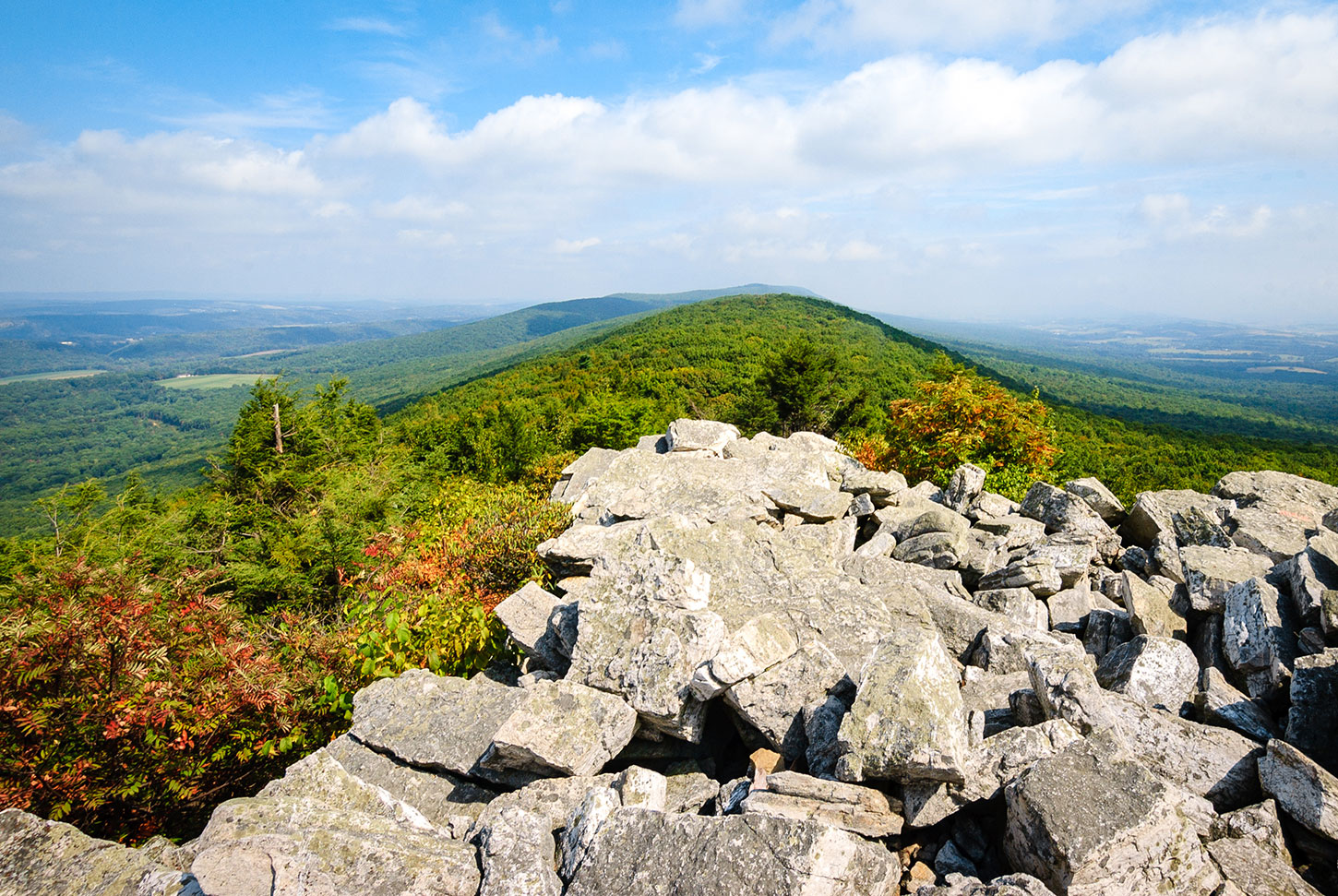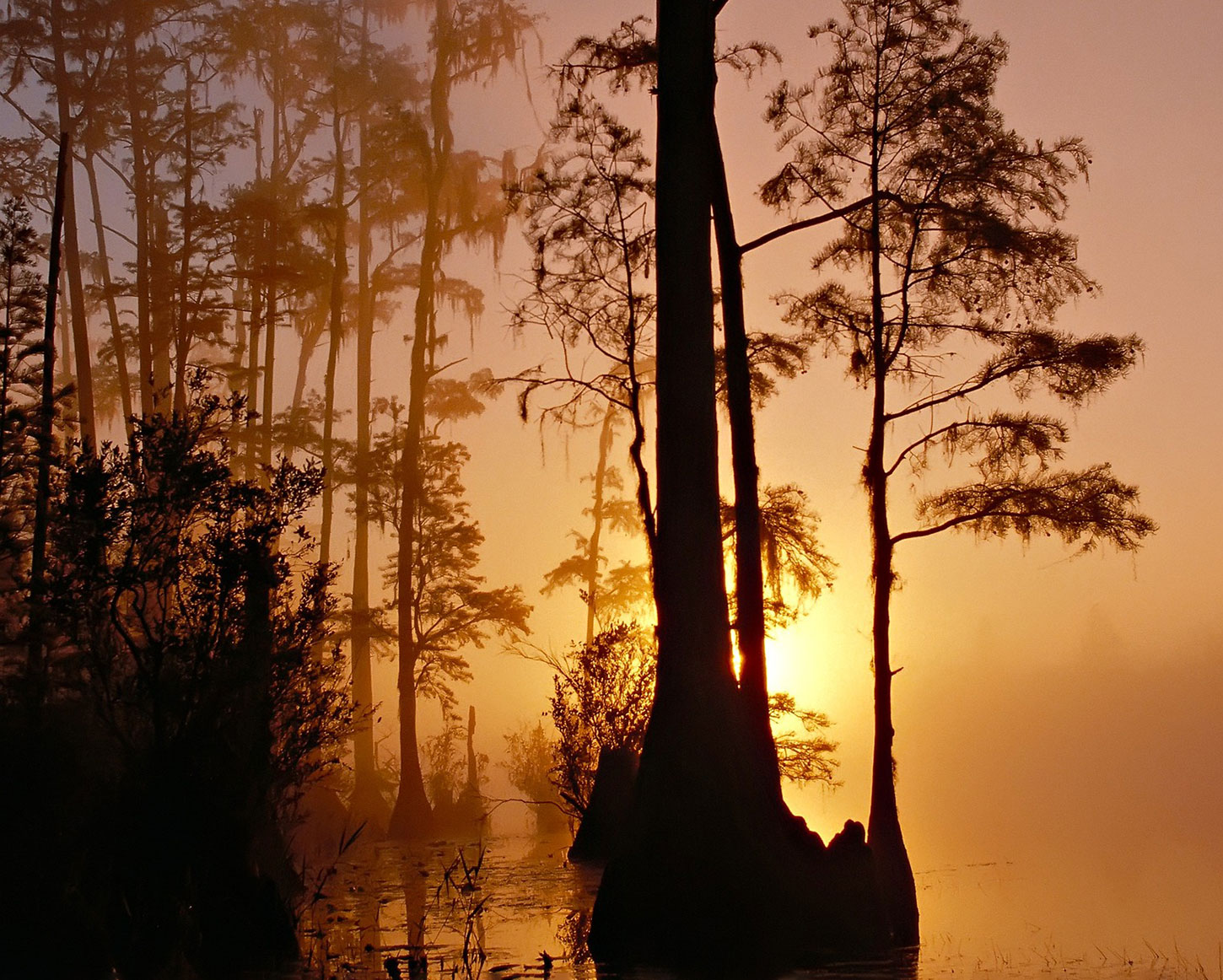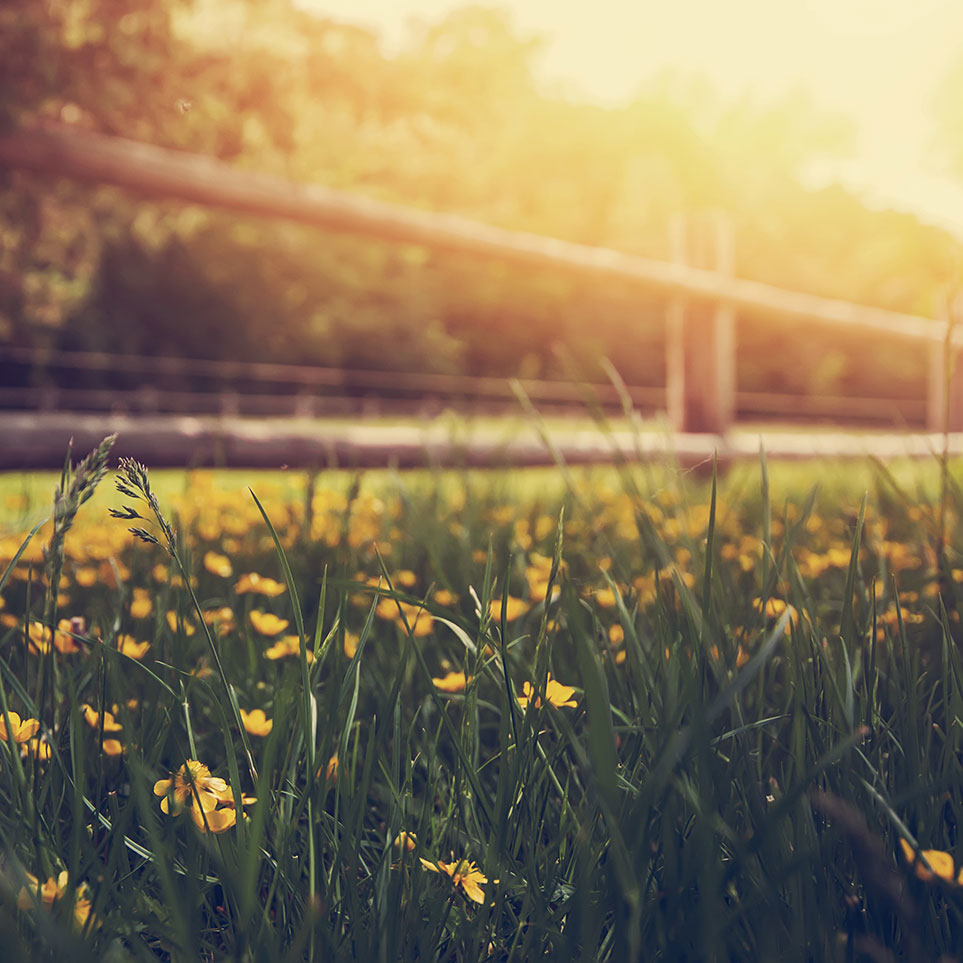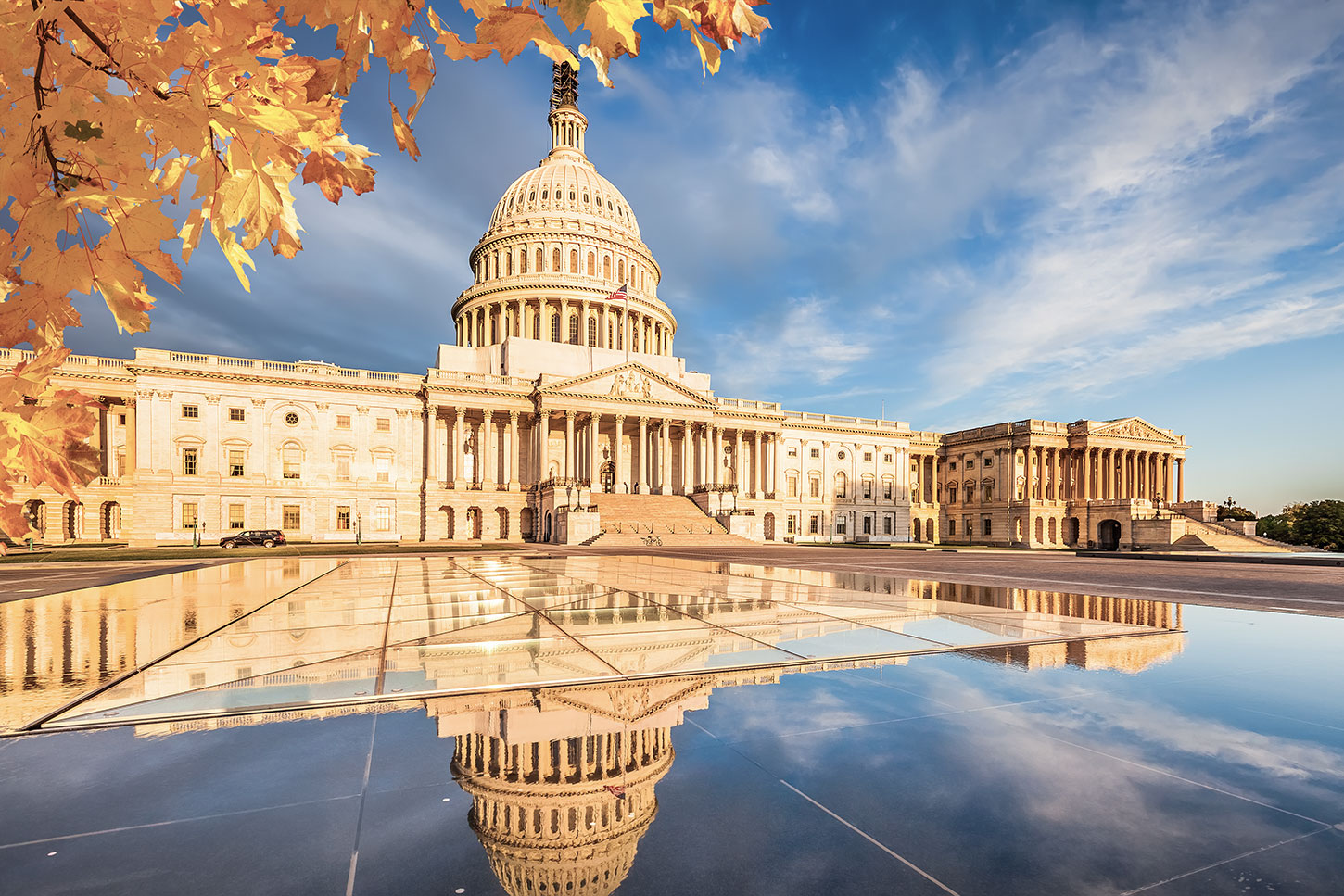Have you ever held a heart in your hand, or wondered how that might feel? Erin Block’s rendition of just what that’s like starts off this episode of Soundscapes, in which Terrain.org artists explore what it means to be more than alone. Each individual, embedded in complex systems both ecological and social, experiences this differently; poems from Ever Jones and Michael Wasson create a kaleidoscope of perspectives in the search for what matters and round out this episode’s offerings. We hope you enjoy it.
Essays and poems referenced in this episode:
View Full Transcript
Episode Transcript
Speaker 0 00:00:00 Welcome to soundscapes a terrain.org podcast. Today we explore what it means to be more than alone and how each individual embedded in complex systems both ecological and otherwise experiences this differently. We'll begin with Erin Block reading her recent essay solo, which is, well I'll let you decide.
Speaker 2 00:00:24 This is Erin Block reading the essay solo. There's a particular curve along this dirt road that climbs and climbs where you can tell if it's going to be windy. And it almost always is, especially now mid-November when everything along the front range hows. But the yellow curvy arrow signs that line. The road seem redundant. No one's going fast. Everyone's just climbing up to dawn to morning. I think about the year my sister got a t-shirt for her birthday that had an embossed barrel racer on the front. Her ponytail flying out behind her cowboy hat with the words dangerous curves ahead, printed at the top on the front of the T. My grandmother said to my mother, do you really think that's appropriate? I didn't understand at the time, but I knew it was something about a woman's body, something about us. My mother said, she's only nine. My mother said, it's just about a horse. The sun's rising and streaming through lodge poles the way you think a diamond will shine until you see one sitting all dull on a lady older than you's hand. And you realize you never wanted one of those in the first place. You just wanted to hold fire, light, warmth, a heart in your hands.
Speaker 2 00:02:12 I got a flat from this road last year, but it's such a washboard. I didn't realize it until I got back on the hardball and my stomach sunk. I'd never changed a tire. There was always someone, some male, along with a father you could call a man who came to the rescue, a dad boyfriend, husband stranger, who he somehow felt comfortable with because they had stopped to help because that meant they were a good person and not a strangler who'd put you in a septic tank on their thousand acre farm. Now I wonder whether women, I knew the strong women who raised me never changed their own flats. Why? Even as I was brought up at the beginning of the girl power movement was I still by default taught to depend on men for unpleasant things for the dirty, the heavy the cold society doesn't want doesn't prepare girls to be alone. But I dug out the user's manual from the glove compartment, jacked up the back right and got on with it. A cow moose walked through a pond down below the road bed and I thought, this isn't a bad place to learn something new.
Speaker 2 00:03:46 I reached the end of the road and park a gust of wind shakes my truck, my rusty old ranger rocking side to side, like standing up in a canoe. My body tenses. I hold my breath. I know what this will feel like. Like you know, heartbreak will. After the first few red flags, I strap on snowshoes, pulling hard on the plastic straps that have stiffened in the cold, grab my pack and shotgun and crunch across the parking area. No one else is around. I had plans to hunt a new area. I scouted this summer with a maze of meadows full of scrub willow and sink foil for cover. I was hunting mushrooms and the day was hot and windy. The kind of day a wildfire kicks up and I saw the hind end of a hair disappear behind juniper. He was a beautiful light brown. Then with the color hair that on women shows gray first and fastest. I circled the area round and round and I couldn't find him again. But he made me anxious for winter weather dictates direction. And right now the snowfield between me and the meadows seems too daunting. I stick to what I know and head to a closed forest service road. The angles northeast or the wind's not as bad as it could be.
Speaker 2 00:05:31 There's a fresh inch on top of weeks of snow layered like tiramisu, the melted and frozen crusts like crumbled cookies, Windlow slabs lay upon each other. So when you post hole, it feels like you're in one of those cartoons where the character falls through a building floor by floor. Out here in the open, most of the snow has already blown away. A hair could have been here five minutes before right now and its tracks will already be gone. Wiped clean these windy days like walking up a river in old westerns loose tracks lose scent stay alive. I should have swung down on the far side of the meadow because now I have to get there from here where the wind pushes my 120 pounds back like a hand on a kid's forehead when they think it's funny and that you're so strong. In Colorado, the snowshoe hairs range is limited to high elevation forests where they feast on conifers. On the Engleman Spruce Lodge pole pine and sub alpine fur that circle meadows like flowers on mountain ball. Cactus that are the first wildflower to bloom mid-April when hummingbirds arrive from Mexico and turkeys start gobbling in the canyons.
Speaker 2 00:07:06 And there's a sweet spot of weeks to hunt hair up here. Even though the season goes for months from October through February to time it. So there's snow for tracks, but not so much. You post hole every step. And I've mistimed this hunt, waited too long through too many snows. I post hole to my thighs and places my ankle tweaks and I have to pull myself up and out by nearby spruce branches. I think about the snowshoes getting stuck, wonky in the willows and snapping my knee. I think about a bull moose charging. This is my first time hunting alone and I'm instantly aware how it changes pace and pressure
Speaker 1 00:07:59 Because
Speaker 2 00:08:00 They're, there is no fallback, no one to depend on other than what you remember of what you have done before. I've always hunted with my partner Jay. He's taught me how to stalk and track and shoot how to skin and gut. But before that, to lay on hands like a prayer of things, a wish for safe passage and ask of forgiveness. His experience has so many years on mine that even when I know what to do, I rely on him for reassurance. If I come home empty-handed, if I fail at what I'm out here to do, is it because that's just how things played out or is it because of me? Do I even know what I'm doing? Of course, most days of field, you come home with a light pack. I know that by now most days you do not find success, but it stings a little more when you're a woman. And when you're alone, no one's there to corroborate your story that you did the right things. They just didn't work out. This time, society doesn't prepare girls to be believed. I've had seasons now of knowing how hard these hair are to hunt days on days of misses or seeing nothing at all of the maddening amount of tracks
Speaker 2 00:09:33 Of knowing they do not burrow. They're around that one crush. You want to cross paths with over summer break, but never do. We don't hunt with a dog. And it took a while to figure out how to be successful, how to find them and pressure them until they jump. How they like meadow edges and baby spruce where they sit. Just how a mushroom would. When we hunt hair together, we take turns playing the beagle, one of us busting through cover the other, walking slower and angled behind, pretending to be ready for one to jump your way. It's slower without a dog to snoop them out. But we've started working well as a team most days. Reading body language and hand signals and never walking single file. And mostly considering getting an eye on one to be a successful day. That's been our rate of success with snowshoes and alone. Now it's different. All the dogging and shootings up to me. And I don't have an extra pair of eyes. I don't have someone to pull the trigger. When I miss, I move slowly to minimize the sound of snowshoes on the crusty snow and keep my eyes scanning, looking for movement, shadows, pattern shapes.
Speaker 2 00:11:05 An old man told me, just look for the eyes as they hold tight beneath a baby. Spruce, those big black marbles will give them away. I've managed this once last year, but otherwise it's always been running shots and I like that. I don't have time to think. Instinct has less emotion attached. I shoulder my grandfather's shotgun. He's dead now, but my grandmother found it in their basement a few years ago and gave it to my dad who gave it to me. Cause I was the only one in the family who would use it. It's a 22 4 10 over under for sitting shots or running ones. That's a farm gun Jay said at the time, that's useful. My dad wondered why he'd kept it. And my grandmother did too. No one knows. So I make up stories, how it was given to him by their farm hand. And Okie, who'd take my grandpa hunting for rabbit after evening chores. How they'd sneak out from Sunday services and walk railroad tracks to avoid being seen by anyone who'd be wanting to know why they weren't in church. Grabbing shotguns. They stashed in a culvert. They put in pheasant loads, five shot, they'd smoke cigarettes.
Speaker 2 00:12:40 I don't think my grandfather would've considered himself a feminist and I didn't have the chance to ask. But there's an egalitarianism that comes from growing up on a great plains farm during the depression. I'd like to think he'd be surprised, but not disappointed that a granddaughter got his gun. I walk on the tops of trees on tips of the small spruce that start at the edge of the willows. The snow is so deep. I'm feet above where I'd be in the summertime hunting portini. I always wonder what it would be like to be taller, what the world would look like at six two. What I'd see, what I'd miss, what I'd catch in between. And maybe this is it just more trees in my face up where the branches are thick and they're farther to fall through. Jim Harrison called the songs of Unseen Birds. Grace. The courtesy of telling your friends where you're going and when you'll be home. And as I push through deeper into the trees, the wind eases and old tracks appear. I try to quiet myself, but everything quickens for me. Grace has never been calming. A few more steps and there's movement to my side left. I question it like an old memory, walk over to investigate and the tracks are fresh.
Speaker 2 00:14:18 I follow up a steep hill counterclockwise. I widen my eyes feeling that might help, but I just feel buggy and dry. The hair jumps again farther away. This time my eyes strain and breath thickens with panic of losing him. I walk robotically now checking before each footfall for tracks. Shotgun jammed into my shoulder, left arm, ready to lift the barrel right finger. Anxious on the safety and again and again. Four times he sees me first and slips away until he doesn't silhouetting himself on the snow between two lodge poles. It's my time now and I take it. So I'll tell you of the color of snow. You'll understand someday when you see a snowshoe hair, when you hunt one and jump one and see it vanish. Like your breath in a headlamp beam on a winter's night as you purse and blow and pretend like you're smoking when you see one laid out with sun and shadow. Moving through trees like you're staring at the bottom of a Freestone creek. Squinting hard to make out the green dappled, backs of cutthroat trout. Do you remember as a kid trying to find a use for the white crayon? It was always the longest sharpest, the most unused because white doesn't really exist. It's a reflection in scatter. It is snow, which is fur, which is brown, which is a blood which will all wash away in the end.
Speaker 2 00:16:15 It's absence, the color, leaving my hair, the pigment, dying and moving to age spots on my face. Instead, it's one of the first colors we use to paint with on the cave walls of lisko. Calcite used to highlight horses, bison, and lions drawn in charcoal from fires that kept us warm, that gave us sight, whites all around me. And when I look down, I can't believe my eyes, the color of snow, the hair, the grief set hard in. And now I remember what to do, how to slit around the back legs and pull off the skin like a sweater. How to cut ribs to hip and pull the insides out. How to take care with the bloodshot, how it feels to hold a heart in my hand. 5:00 PM back at home. And the cabin glows. How I imagine it must feel being backstage after a play when the curtain is drawn. But house lights turn on and everyone claps for you for the job you've done. Hopefully well
Speaker 2 00:17:42 In the mountains you have to pay for a view to be up high looking east for a new day or west over the divide. But my cabin nestled low in a canyon where the cold hangs well into midday and snowbank. Swallow the raspberry Cannes hole down at the end of a draw where cattle once pulled carts full of ice from a pond above to towns below. I found their shoes just like for horses, but in two parts, the luck, all that out for their clothing hose. And when I look around or up, all I see are trees pointed pines, jagged like teeth in a dinosaur, jawbone, bleaching in the sun and the sand. I step out to the back porch and look west. The hole of sky above me filled with orange in big confident strokes.
Speaker 0 00:18:48 Erin was kind enough to make time to sit down and talk to me about her essay. I hope you enjoy listening in on our conversation about why going solo matters, the questionable perks of being a tomboy, and about what it's like to literally hold a heart in your hand.
Speaker 3 00:19:03 Erin Block, thank you for joining us today and for sharing your reading of Solo. It's a probing essay. It stuck with me since I first read it and I'm really excited to be able to connect with you.
Speaker 4 00:19:14 Thanks for having me on.
Speaker 3 00:19:16 So I noticed that the title of your piece, solo, it echoes a sentence that stuck out to me in the essay you wrote. Society doesn't want, doesn't prepare Girls to Be Alone. I was wondering if you could say a little more about what that means to you.
Speaker 4 00:19:34 Yeah, um, I think, uh, just, you know, growing up you're always taught to go places in groups. And I remember my mom like telling my sister and I, once we started driving and we could go off by ourselves, you know, if you're walking alone, to always carry your keys between your fingers and like all of these kind of like self-defense mechanisms that really were, were not unwarranted. Like there's very real concerns. But at the same time I think it, it kind of imprinted on my mind, this real fear of of going solo places, driving somewhere by myself, um, going on hikes by myself just being, not being alone cause I'm kind of alone or naturally, but, um, just kind of this fear of like what, what all these bad things can happen. And then at the same time there was kind of this cultural, but when bad things happen, a man will come save you.
Speaker 4 00:20:31 That whole kind of like dansel in distress, right? Um, you don't have to deal with, you don't have to deal with the messy things, you know? And then I think when I got into my early twenties, um, and I had a very early marriage and divorce, and I was like an adult woman all by myself and had to deal with things that I wasn't like prepared to deal with. Just simple things like, oh, I guess I have to pay attention to oil changes and <laugh> and car mainten and <laugh>. And, uh, I, I bought a house by myself, um, which was very eye-opening. And I remember when I called the, the realtor, the realtor for a showing, he was like, well, is this time good for your husband? And I had not even mentioned a husband and I was like, oh, this is just, it's just expected that a woman wouldn't be doing this by herself. So yeah, I think there was just this cultural, cultural thing that I was brought up with.
Speaker 3 00:21:26 And it's really interesting that you make this distinction between being alone and being solo. That's something I was thinking about as I read the essay too, and thinking about that. We've been living for almost two years now in this global pandemic where I would venture to say almost everyone has spent more time alone. But it sounds like that's not really what you're talking about. Solo is something different.
Speaker 4 00:21:48 That's a very interesting distinction. Yeah. It's like solo is more alone than alone. I like being alone and, and I think I have a lot more confidence being doing things solo, but there is like a, almost like some sort of echo to the word solo where you're just, you're totally alone. You know, there's like almost a void to being, to being solo or something where if you're just alone, you're, you're by yourself, but you're not solo. Yeah, that's a, that's a great observation, <laugh>,
Speaker 3 00:22:21 But you might not have anything particularly difficult to do when you're alone. It seems like maybe solo is really connected with having to confront challenges by yourself.
Speaker 4 00:22:31 Yeah, I would, I would say you're, you're right there alone almost has like a, a peaceful connotation to me. Like can be alone, you know, meditating or reading or just being outside. But solo does have like a, almost like a goal sound to it.
Speaker 3 00:22:46 If it is a goal solo, what would you say? What do we all have and do you personally, to gain from this kind of solitude?
Speaker 4 00:22:57 I th I think it's a lot of confidence and not being, uh, dependent on someone else. I guess a level of almost responsibility too, which kind of ties back into why I started hunting in the first place. Um, because there is this sense of if you're solo, you're, you really can't be dependent on anyone else and you have to make sure you have all of your eyes dotted and ts crossed and you know where you're going. You have the maps and you have water. And there's I think a lot of responsibility that's connected to that word in my head. And yeah, there's just a lot, there's a lot of confidence that can come from it I suppose. There, there's also a lot of disaster and bad ends that can come from that as well. But I think that's why I, and I suppose it's a little bit of a high, you know, when when I have been solo doing things and have success, whether or not that's hunting or summiting a peak or whatever, uh, there's a, you know, there's a real, I dunno, kind of emotional high that you get when you've kind of completed your task
Speaker 3 00:23:57 That is was special. You mentioned this confidence empowerment almost. And I was also wondering maybe with relation to that you could elaborate on the connection between feminism and owning a gun that you briefly consider in solo with respect to your grandfather.
Speaker 4 00:24:14 Yeah, that is something that I've, I've just, you know, since, since hunting really started to think about and kind of his gun was, I, I was not raised with firearms at all. I was raised on a farm, so I was, I was raised with animals and even, you know, raising animals. For me, the whole butchering process that was not super new to me, but firearms were very new to me if you're not brought up with them and kind of in this culture of hunting, it's very kind of foreign and very scary. So it was, it was real like kind of, uh, confrontation of fears for me to start hunting with, with a real gun. And my grandpa's shotgun was the first real gun that I had and was given. I think there is a really great sense of empowerment in knowing how to use a firearm.
Speaker 4 00:24:56 And it took me many years to, to be really comfortable and I have worked my way up <laugh>. So there's this really great process and I think it ties into femini feminism in just being kind of almost back to the being able to take care of yourself. There's a great, there's a big difference of walking through the woods to get to a blind or something in the dark 4:00 AM with a firearm and then without one, I don't know, feminism is this, I think also it's, it's being taken seriously of like, you know, there's so many men who grew up hunting and then there's so many women whose fathers hunted and grandfathers hunted, but they weren't really taken hunting, you know, cause it was kind of something, well women, you know, girls weren't expected to want to do or I, you know, it was dirty or it was cold. And, and so I think it, there's some sort of sa satisfaction in dispelling notions of what gender should do what
Speaker 3 00:25:55 Pursuing what you personally want to do,
Speaker 4 00:25:58 Right, right. Mm-hmm. <affirmative>
Speaker 3 00:26:02 At the same time hunting you really don't shy away in your essay from talking about the bloody details of hunting and of the experience of being close to death in a way that most people aren't every day. You also write that you remember how it feels to hold a heart in your hand, which sounds pretty intense and I was wondering how does it feel to hold a heart in your
Speaker 4 00:26:27 Hand? Intense would be the right word. Um, I, I, it really has, and I kind of, I kind of think about this every time I am skinny or or getting anything. It's just how close life is to death at every moment. And I think hunting has really kind of made that so real. You're running and then you're not, and how close, even just as soon as you get the skin off something, all of a sudden it's like your brain recognizes it, how thin the line is there. So I think it's made me a lot less scared of my own death cuz you just almost see it as cycles seeing it and being a part of it. I think there's a, you know, I always have great respect for holding a heart in my hand. Like that's a, a big deal and we always, you know, make as much use as we can out of, out of every animal. It, it really makes death almost a, uh, just a normal thing that you've seen it, you, you know, kind of maybe what you would look like when you're, you're dying. Like this is a very self-reflective thing because you can't not look directly at it. So I think it really has, has helped me just make peace with death.
Speaker 3 00:27:33 Wow. There's no substitute for a lived experience. Right. It's one thing to have an intellectual concept of death and to know that they'll die and it's another thing to really experience
Speaker 4 00:27:42 It. Yeah, it's kind of almost this humbling, we all kind of look the same on the inside when we're all, everything's, you know, stripped away. It puts you in your place I guess a little bit <laugh>,
Speaker 3 00:27:54 Which feels good sometimes as a human who often doesn't really know what their place is.
Speaker 4 00:28:00 Yeah, yeah, a hundred percent.
Speaker 3 00:28:03 I don't know if you've read, Brian Boyle has this amazing essay where he talks about the heart sizes of different animals from the worm and the hummingbird, which the heart is as big as the eraser on a pencil to the biggest of a blue whale where a child could walk without bending through the passageways between the four chambers of the heart. It's an amazing,
Speaker 4 00:28:22 I've not read that. I'm gonna look that up now. <laugh>.
Speaker 3 00:28:26 Wow. Well thanks for being willing to share those details. I know that can be a little intense, but I think it's really meaningful.
Speaker 4 00:28:33 I'm very happy to. Yeah.
Speaker 3 00:28:35 I'm curious as well, I noticed, which of course happens in most essays, this interesting focus on appearances throughout solo. You talk for example, about the beautiful light brown that on women shows gray first and fastest. You talked about your sister's t-shirt with dangerous curves ahead. You talked about the dullness of a diamond ring on someone's hand and I was just wondering, it seemed there was some connection between the pictures that you chose to describe and also the way that they relate to gender and maybe your own experience. And I was just wondering if there's something at play in these descriptions and the choices of these appearances beyond the writerly desire or even obligation to describe,
Speaker 4 00:29:21 Like you said, there's always this kind of, you're writing, there is an obligation to, to describe things, but I think those things have that connection because I have always, you know, it's always hard to to know where things are coming from when you're writing. Exactly. Some things are very well thought out choices, and then sometimes things just come out. And I think those things were maybe a, a mixture of the two probably stemming from growing up. I was, I've always been just a real tomboy <laugh> and just, I remember I would cry if my mom would make me wear a dress to church and like it was just, uh, you know, when I, I remember my mom taking me to buy my first bra and I was just bawling cause I didn't wanna grow up and I felt like I was losing this kind of androgyny that I had always almost, I think not consciously when I was a kid, but that I had always treasured of being, you know, I was just a kid. I wasn't a girl and I wasn't, I didn't wanna be a woman for sure, <laugh>. Um, you know, I just kind of wanted to be that flat chested little kid riding her bike around.
Speaker 3 00:30:23 I had a similar experience and had a lot of friends too who have had similar experiences as girls and as women where there is this sense of knowing what role might be waiting for you and not necessarily wanting to embody it.
Speaker 4 00:30:35 Yes, yes. And I think that was, that was most all of it is I saw kind womanhood is not this, oh, I can be an adult and I can still go have an adventure and I can be more independent. And uh, it was kind of this womanhood was, well you're, you're gonna be, you know, tied down there. Are these just like, uh, you know, roles that I saw women around me fulfilling that I didn't think I wanted to fill. So I think that was a lot of what was tying into to looks was kind of, I've always had this really difficult relationship with looks, um, and kind of never wanting to fit in, but then also wanting to not at the same time, you know, and kind of that constant, constant clash of kind of, I wanna embrace looking nice and doing these, I don't know what you would consider like kind of traditional feminine things. Um, but then at the same time, like I've just never been able to to do it. So I've kind of always had this contentious relationship. But I think a lot of, of stuff like that, but diamonds rings or the kind of just the appearance descriptions probably tie back to that because it's something that I've thought about a lot in
Speaker 3 00:31:45 Life. Sounds like writing for you is kind of a way to process your experiences. I know you talked about some things are purposeful that you write, some things just come out. Would you say that that's accurate? Or what role does writing play in your life?
Speaker 4 00:31:57 Yeah, I think, I think that's a very accurate description. I think it is a way to process things or to just make, make sense of, of things. A lot of kind of this essay was I think me trying to think about why it mattered to me that I had done this by myself, you know, because like it wasn't, um, I remember that day I was just kind of like, wanted to get out and so I was gonna go, go do this. But it wasn't until afterwards that I was like, why, why did this matter to me that I did this solo? And so I think it is a way of whittling down to the heart of making motivations in life.
Speaker 3 00:32:31 And then you also make the decision to share your writing. What does that mean to you? Or why share your work?
Speaker 4 00:32:37 That's a good question and it's actually when I think about a lot <laugh>, a lot of writers group journaling and I was always just terrible about keeping a journal. I would always try and I would never be able to do it. And so I think there is a feeling of even if something that I write never gets published anywhere of, if I'm writing with that intent, it makes it feel like it has a little bit more purpose to share, share writing. And I think possibly it goes back to something of I have always been a reader and have been helped out in so many ways in life by things I have read and by people really writing kind of raw, honest things. And so maybe it's just me feeling like I want to do that as well. Here are raw, honest things from my life that I'm trying to, to work through. But I do think there is like a view change if you're writing for just something that you know will never be seen by anyone else or if you're writing in the hopes that someone else will see it and I think it, I vibes it with a little bit more intent or, or maybe a little bit more thought,
Speaker 3 00:33:42 Maybe a different focus too on connecting even if you never know who you've touched, but providing some potential for support or growth or solace or inspiration for others.
Speaker 4 00:33:53 Yeah.
Speaker 3 00:33:54 Well you definitely did that with solo and provided potential for connection, for inspiration, for reflection. And I really appreciate it, really appreciate you sharing with us.
Speaker 4 00:34:06 This was really enjoyable.
Speaker 3 00:34:08 I really enjoyed it too. Thank you for making the time.
Speaker 4 00:34:11 I was glad to. Thank you so much for asking me on
Speaker 3 00:34:14 <laugh>.
Speaker 0 00:34:15 I'd like to bring another unique voice into the conversation and the following reading Ever Jones offers their perspective in a poem from the Collection Night songs.
Speaker 5 00:34:26 In this new night, pronouns un become the body letters shake loose their coats into ravens slanting syntax under feathers. Pull each system from yourself, noxious weeds, strangling the cedar punctuations teeth sunk in the ground and unwind the human gaze levering gravity into supremacy when Goddess Diamond picks up the letters in the new sunrise. See a prism of curves, each serif a hooking talon, every comma, A new way to feel rain.
Speaker 0 00:35:11 We'll finished with a poem that lingers this one by Michael Wasson. It's worth heading to terrain.org to see this poem on the page as well. I'll leave it up to you to find out why.
Speaker 7 00:35:23 This is Michael Watson reading Landscape with Visual History Centuries later, I am not here to conquer this field of <unk> The sound of clouds torn in the hands like butterflies gone, butterflies in the mouth, a landscape after a light snowfall, clouds torn like in the mouth, a landscape
Speaker 0 00:36:46 You can read and engage with each artist's [email protected]. Thanks for listening and for being a part of our community. We'd love to hear from you and hope you join us for another episode of Soundscapes. Until then, here's to being more than alone and to each one of you.
